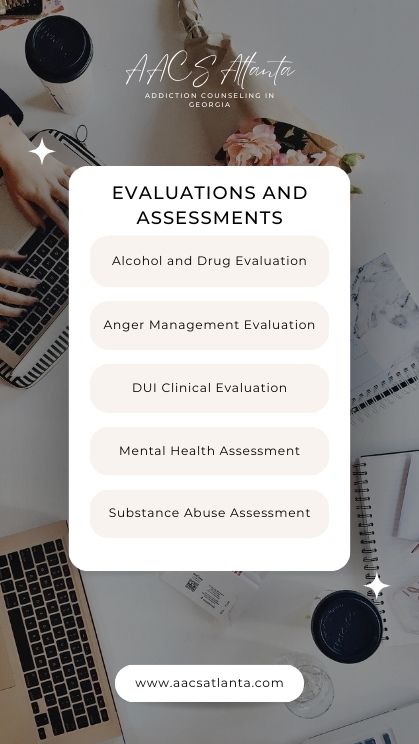In today’s world, where substance abuse remains a pressing issue, an alcohol and drug evaluation plays a crucial role in identifying and addressing these challenges directly.
Legal Contexts
For individuals facing legal consequences due to substance use, such as DUI charges or other drug-related offenses, courts often mandate alcohol and drug evaluations. These evaluations are vital in gauging the extent of substance use and providing the legal justice system with crucial information to determine suitable interventions. Rather than resorting to incarceration, courts can use the information gathered from an alcohol and drug evaluation to recommend educational programs, counseling, or treatment options instead. This approach addresses the root cause of the criminal offense and offers a rehabilitative path that can reduce recidivism and promote long-term recovery.
Healthcare Contexts
Outside the legal realm, alcohol and drug evaluations are equally significant from a healthcare perspective. They are a pivotal first step for individuals seeking self-help or professional intervention. These evaluations provide valuable insights into the severity of substance use, enabling healthcare providers and counselors to develop personalized treatment plans. The development of a treatment plan can also address any underlying mental health issues that may be intertwined. By understanding the full scope of an individual’s substance use, healthcare professionals can offer more targeted and effective treatments, fostering better outcomes for their patients.
Workplace Contexts
In workplaces, particularly in safety-sensitive industries, alcohol and drug evaluations ensure that employees are fit to perform their duties safely. Through proactive screenings, employers can foster a secure work environment, reduce accident risks, and promote overall employee well-being. By identifying potential substance use issues early, employers can provide support and resources to affected employees, helping them address their substance use before it leads to more significant problems. This approach not only enhances workplace safety but also supports the health and productivity of the workforce.
The Biopsychosocial Approach
But get this: alcohol and drug evaluations are more than just procedural requirements; they also offer a biopsychosocial component that provides a comprehensive understanding of an individual’s relationship with substances. The biopsychosocial approach considers three critical dimensions of an individual’s life:
Biological Factors: Biological factors include genetics, physiology, chemistry, and neurology components that can influence an individual’s relationship with substances. To understand how these biological factors impact substance use, evaluators may ask questions about an individual’s diet, sleep habits, existing medical conditions, and family medical history.
Psychological Factors: Psychological factors delve into an individual’s mental and emotional well-being, exploring personality, thoughts, emotions, and behavior. Questions about mood, history of suicidal ideation, family psychiatric history, strengths, and weaknesses help evaluators gauge an individual’s emotional and mental health state, providing insights into how psychological factors may contribute to their substance use patterns.
Social Factors: Social factors encompass external influences and environmental aspects that impact an individual’s thoughts, feelings, and behaviors related to substance use. Evaluators may inquire about family relationships, financial stability, educational background, and current stressors to assess how social factors contribute to substance use.
AACS Counseling
At AACS Counseling, we recognize the importance of a thorough alcohol and drug evaluation. Rooted in the biopsychosocial approach, our evaluations address every aspect of an individual’s life. By fostering this holistic understanding of each individual’s situation, we aim to promote sustainable well-being.
Whether you require an evaluation for legal purposes, health-related concerns, or workplace requirements, AACS Counseling is here to help. Contact AACS Counseling today to learn more about our alcohol and drug evaluation services.

















